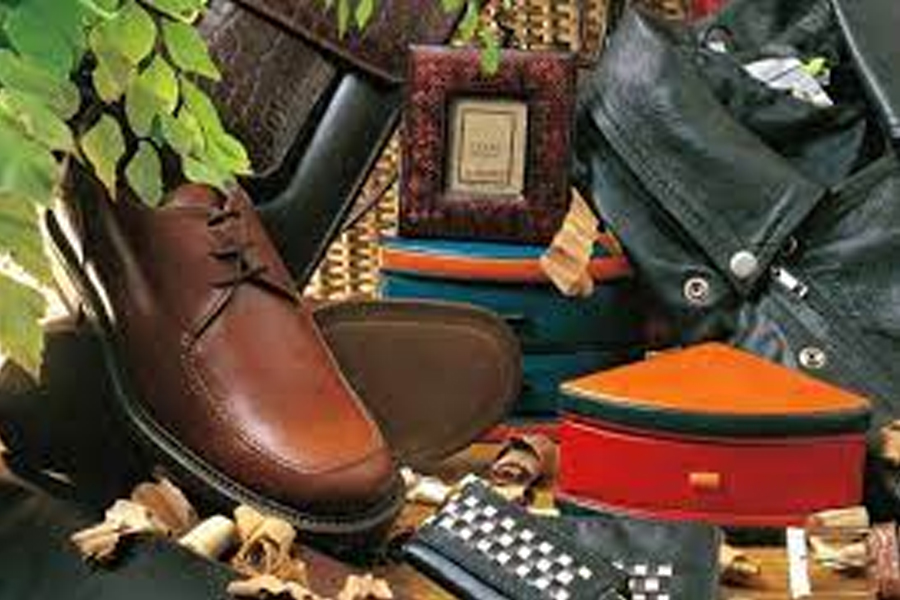
Published :
Updated :

Country's leather goods and footwear manufacturers and exporters have sought a unified tax rate, instead of bond management, on import of raw materials to facilitate the small and medium exporters getting easy access to industrial inputs.
They claimed the export of leather goods and footwear would increase by 50 per cent as the lead time would reduce approximately to 20 days if the revenue board considers 1.0 per cent taxes on import of all types of raw materials required for manufacturing the products.
Leather Goods and Footwear Manufacturers and Exporter Association of Bangladesh (LFMEAB) has found the bond management procedure a complex one that all exporters and manufacturers cannot avail.
The association leaders said that there are different types of import duty on raw materials and the process of getting duty-drawback or import tax refund is lengthy and time consuming.
In a letter attached with a pre-budget proposal to the National Board of Revenue (NBR) Chairman Abu Hena Md Rahmatul Muneem, dated February 11, LFMEAB President Syed Nasim Manzur pointed out that the exports of leather goods to two large destinations - US and Europe - declined in recent times.
Leaders of LFMEAB and Bangladesh Tanners Association also placed their respective pre-budget proposals for the upcoming fiscal year (FY 2024-25) at a meeting at the NBR on Monday.
Exports of those items saw a 19-percent decline in the USA while 22-percent in China and 3.0-percent in Germany.
Also, the sale of leather goods and footwear has declined by 19 per cent and 11 per cent in Germany and France.
In July-January period of FY 2023-24, the export of leather and leather goods declined by 14 per cent or US$ 628 million.
However, the export of footwear declined by 26 per cent during this period compared to that of the previous FY.
The work orders for leather goods and footwear have also plummeted worldwide due to falling demands - in Vietnam it dropped by 15 per cent and in Indonesia by 12 per cent.
"Our competitors including India, Vietnam, and Indonesia have been providing export incentives and other benefits on manufacturing and export of leather goods and footwear. Country's exporters are facing different challenges to stay competitive and contribute to employment generation due to high cost of production," according to the LFMEAB pre-budget proposal.
It sought removing major tariff and non-tariff barriers and inconsistencies in the fiscal benefits between the leather goods and other exporting sectors.
Recently, Prime Minister Sheikh Hasina has instructed extending support to the leather and leather goods, jute and jute goods, and agriculture products akin to apparel products to diversify the export basket.
The LFMEAB's other pre-budget proposals includes rationalising tax at source by lowering it to 0.5 per cent from 1.0 per cent of existing FOB value, and tax holiday for leather goods industry including footwear, synthetic and fabrics footwear.
The tanners association has demanded tax exemption on import of chemicals and spare parts for the Central Effluent Treatment Plant.
doulotakter11@gmail.com


 For all latest news, follow The Financial Express Google News channel.
For all latest news, follow The Financial Express Google News channel.